According to the ministry’s statement, Peter Szijjarto explained on the program Fighters' Hour that, contrary to reports in the media, President Donald Trump did not call on Hungary to stop buying Russian crude oil.
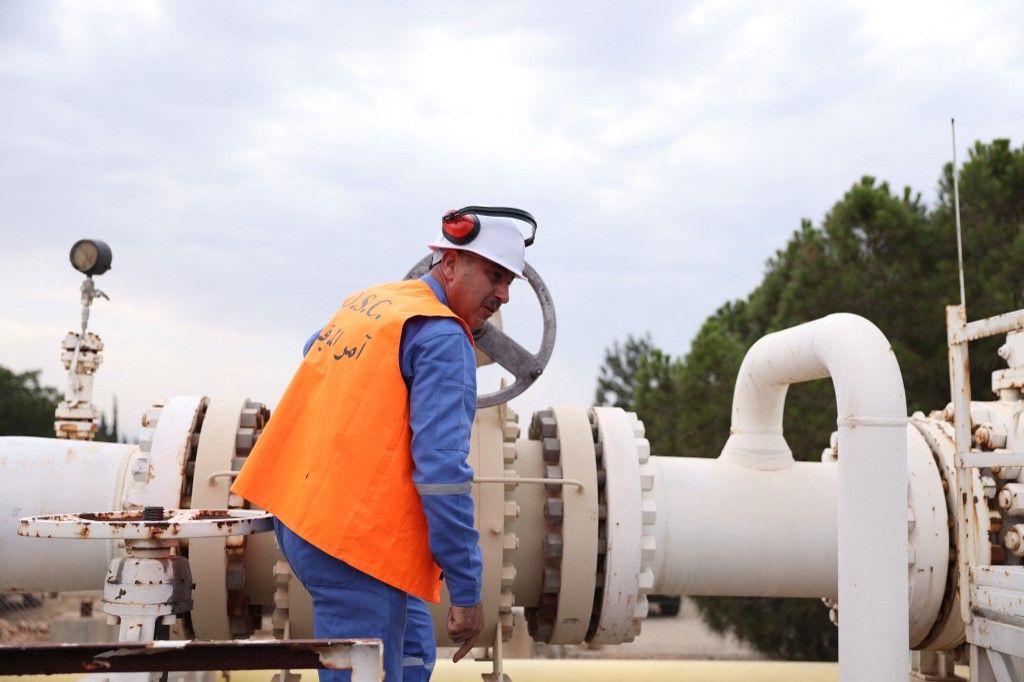
Of course there was no such message, not even anything close,
he stated.
What we are talking about is that the pro-war Brusselites are trying to sever the last strands of Europe-Russia energy cooperation. The main loser in this is Europe. (…) Europe has started to weaken economically, one of the main reasons being that the model of European economic growth has been killed in recent years,
he warned.
He pointed out that there are two groups of European countries: one consists of those European countries that condemn the Russians and condemn those who buy crude oil from the Russians, while secretly doing the same thing themselves through various Asian intermediaries; while the other consists of Hungary and Slovakia, which openly, not secretly, purchase Russian crude oil in the same way due to their existing infrastructure.
In this context, he highlighted that two oil pipelines reach Hungary: one from Russia and the other from Croatia. However, the Croatian pipeline has a smaller capacity than the combined needs of Hungary and Slovakia, meaning that it could not physically supply both countries.
Therefore, from the perspective of infrastructure and physical reality, Hungary can only operate securely in terms of energy supply if the Druzhba (Friendship) oil pipeline is functioning. The pipeline from Croatia is an excellent auxiliary route, but in and of itself it lacks the capacity to supply Hungary and Slovakia,
he noted.
I don't think there are any political, moral, or legal principles that can be invoked to justify or accept making a third country the loser in a war between two other countries,
he added.
Peter Szijjarto also addressed the previous day’s report claiming that the Ukrainian army had once again attacked the Druzhba oil pipeline. According to him, this was not true, as the attack only targeted a so-called product pipeline between Russia and Belarus.
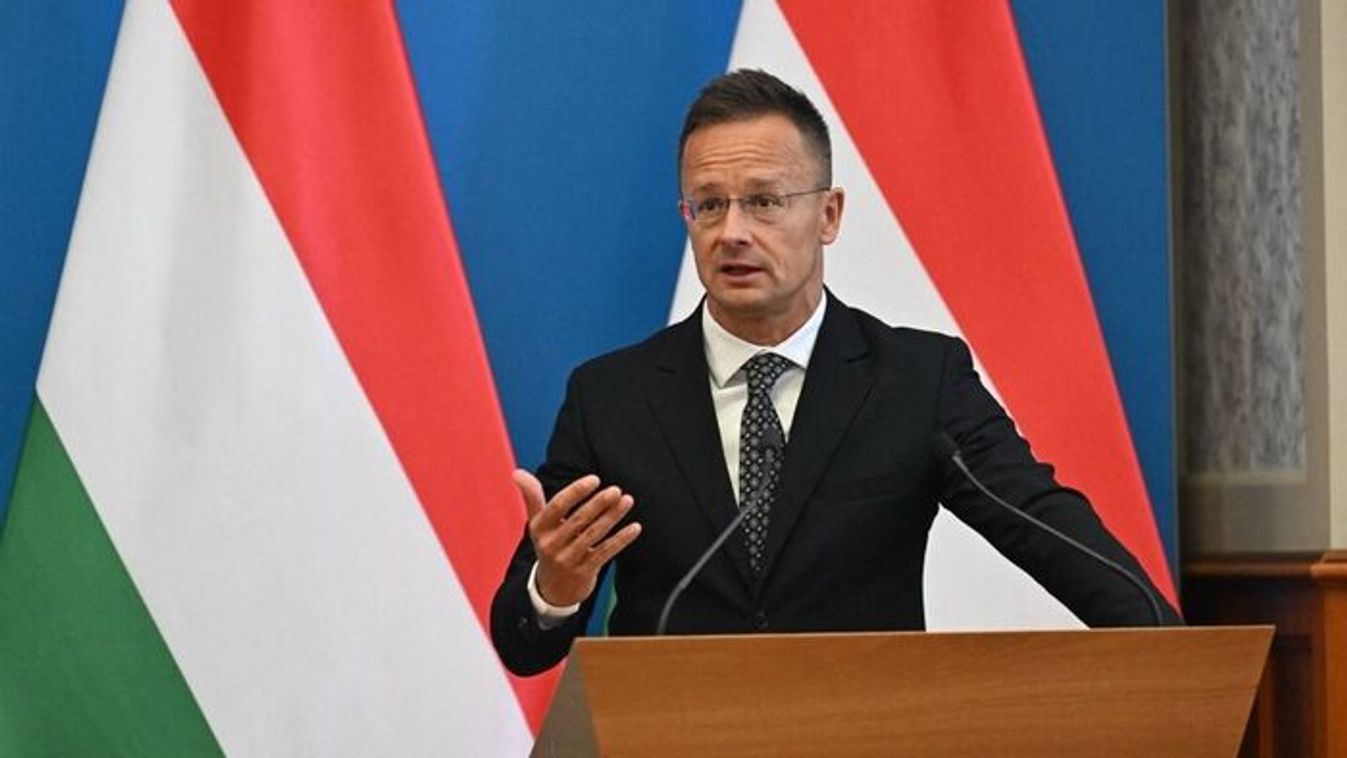

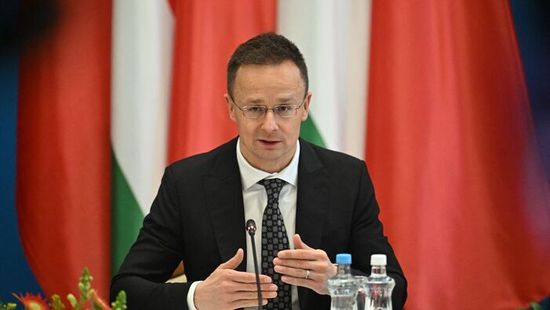
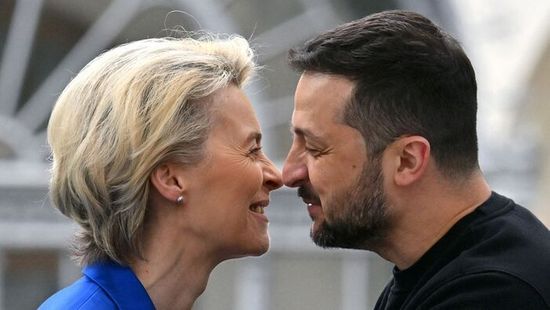
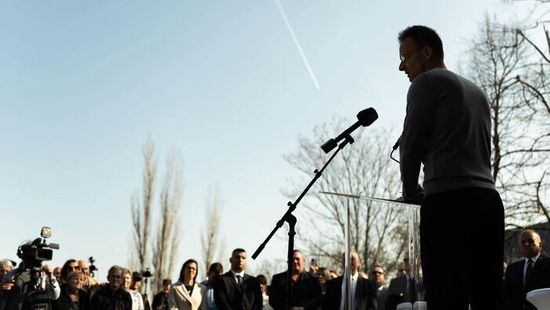


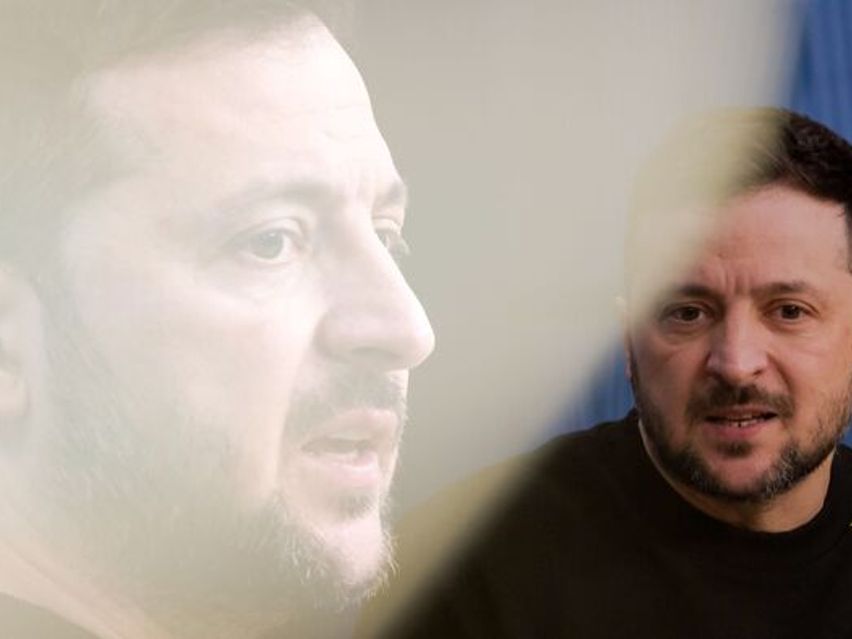
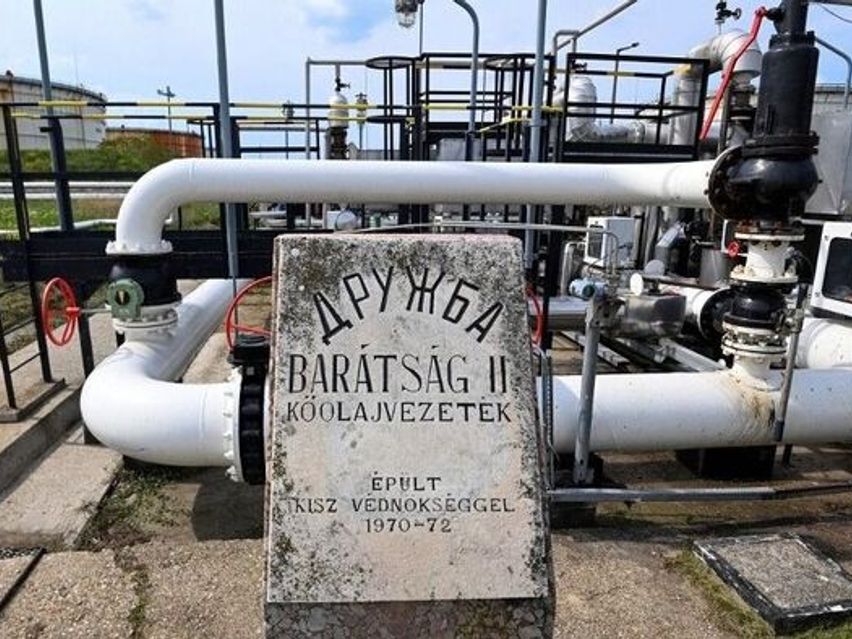
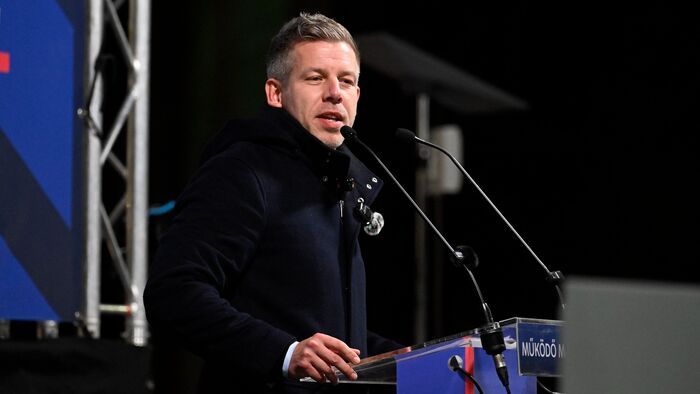

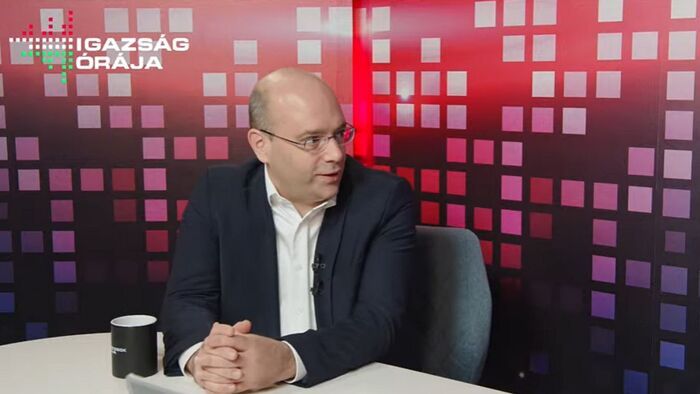

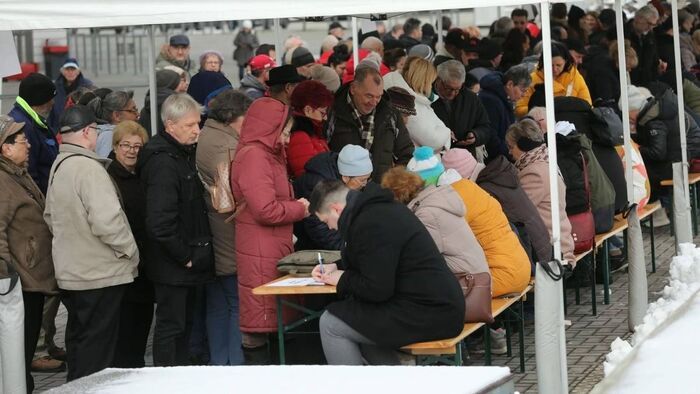


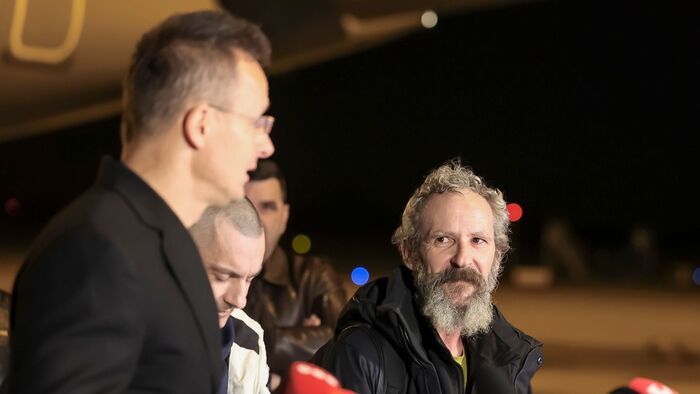
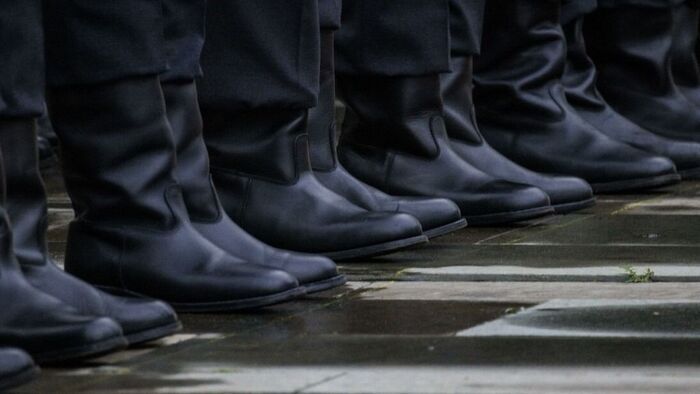

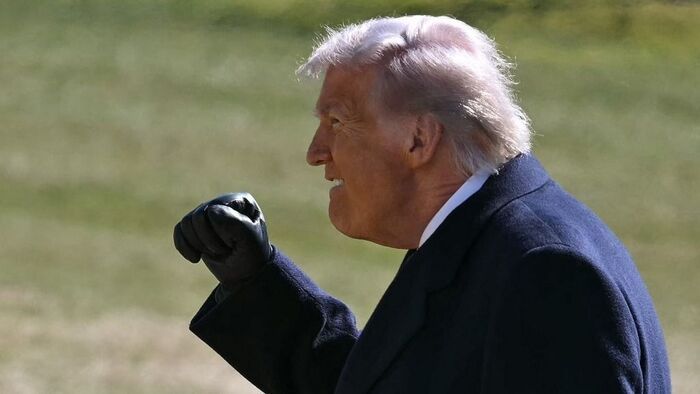
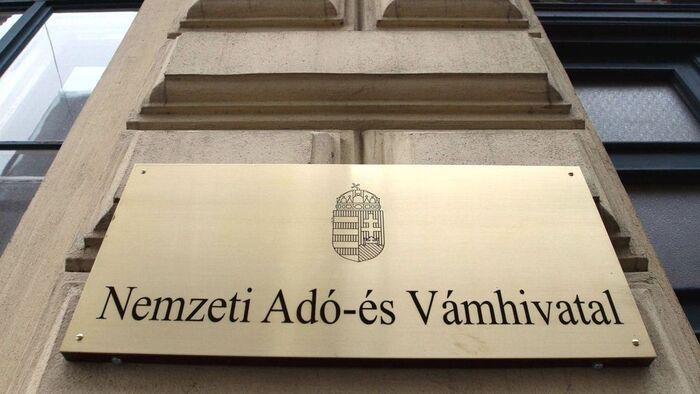

Szóljon hozzá!
Jelenleg csak a hozzászólások egy kis részét látja. Hozzászóláshoz és a további kommentek megtekintéséhez lépjen be, vagy regisztráljon!